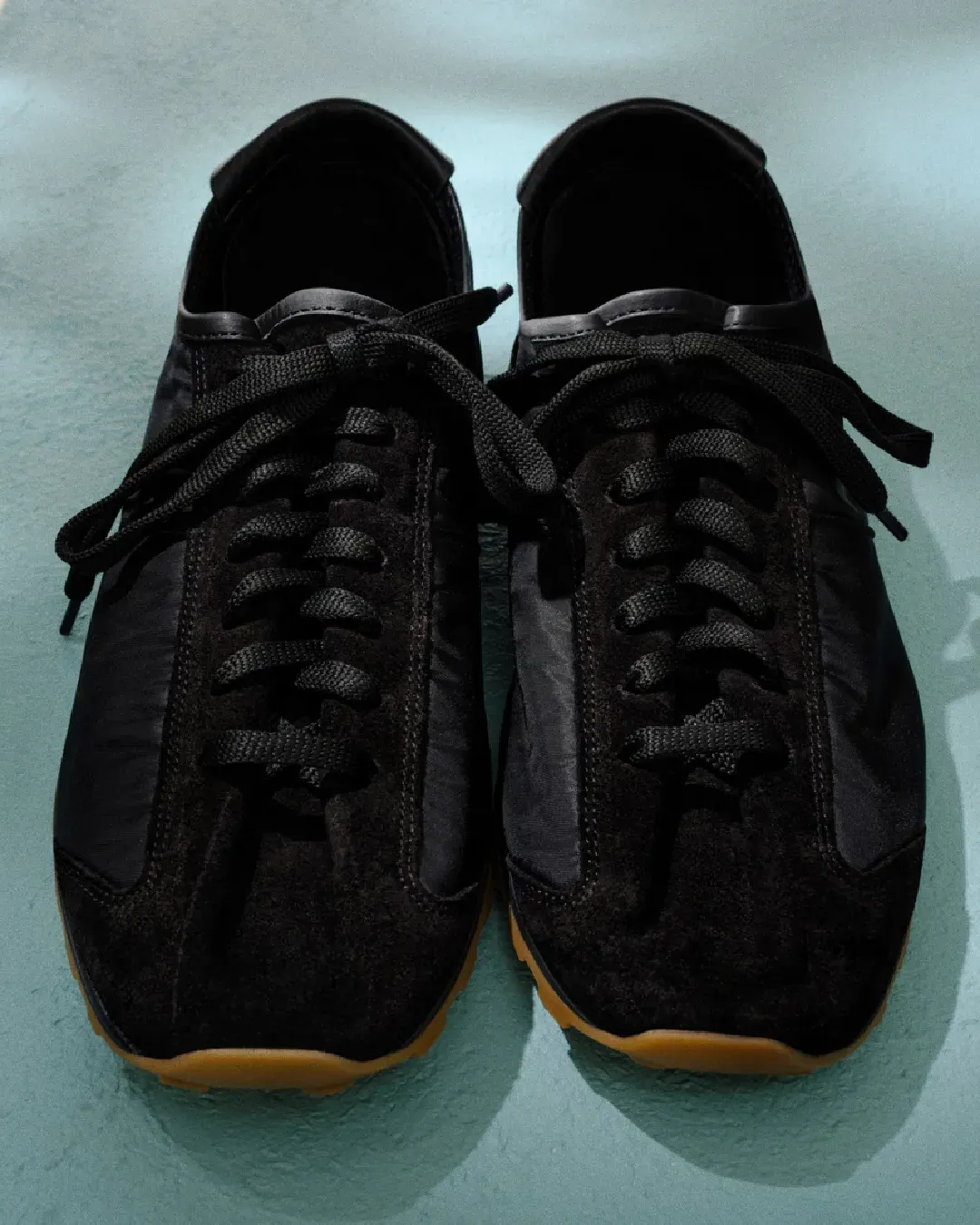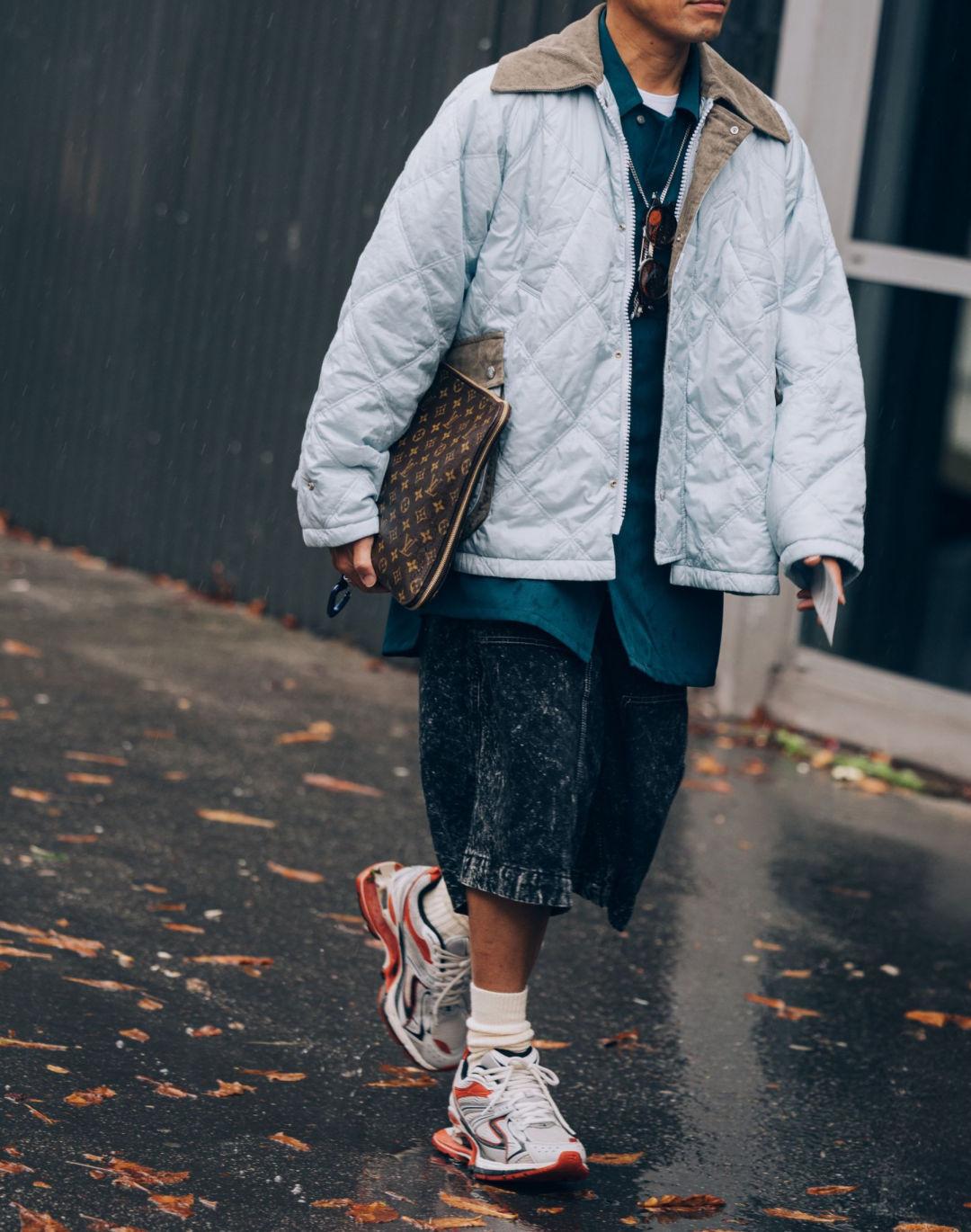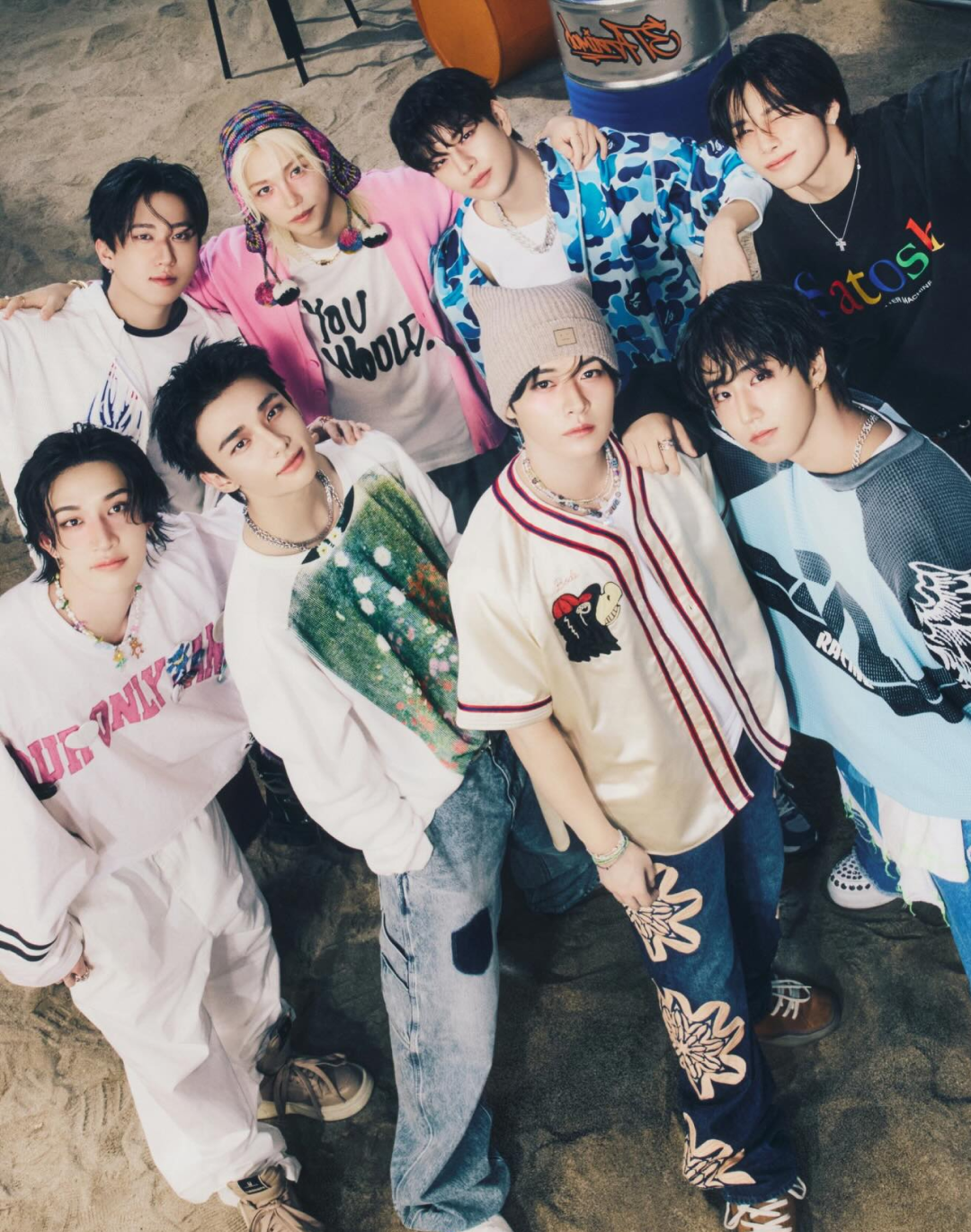
Nike sued BAPE for plagiarism After 23 years since the launch of the first BAPE STA on the market
Nike's Air Force 1 is perhaps one of the most universally copied sneakers in fashion history. The most illustrious of these replicas is the BAPE STA, created by Nigo back in the days when he still presided over A Bathing Ape and first came to market in 2000 in the legendary "ABC Camo" model. The BAPE STA, later produced in hundreds of variations, began as an avowed and affectionate copy of Nike's model - and alongside it were added remakes of the Air Max, adidas Superstar, and Dunk over the years. And while over the years all the major luxury fashion and non-fashion brands signed their version of the Air Force 1, it was a mystery why Nike launched into battles to protect its copyright against individual artists who produced custom models and not against its more explicit imitators. That time, however, seems to be over as yesterday Nike officially sued BAPE for trademark infringement and brand dilution alleging, according to The Fashion Law, that the dissemination of BAPE's products «recently grown to become a significant danger to Nike’s rights».
According to court documents, Nike claims that BAPE STA's entry into the U.S. market in 2005 already constituted an infringement even though it was «de minimis and inconsistent» Since until 2021, the sales of BAPE STAs were «a small fraction of the millions of pairs Nike sells annually», creating a situation of ambiguity that the opening and subsequent closing of BAPE stores as well as the brand changing hands. From 20221 onward, again according to Nike, the brand would make a comeback in the U.S. market by producing a large number of models and variations of the BAPE STA that are «near verbatim copies of [its] Air Force 1, Air Jordan 1, and Dunk sneaker designs». It is precisely this expansion and spread in the U.S. market that has irked Nike, which is only now resolving to sue the brand, seeking injunctive relief to prevent BAPE from continuing to manufacture, market, and sell BAPE STAs, and monetary compensation that amounts to three times the amount of compensatory damages and increased profits.
This lawsuit filed by Nike against BAPE marks a bit of an end of an era. For, as mentioned above, Nike has begun to protect its designs more and more aggressively, and if it wins the lawsuit against one of its most illustrious imitators, this would mean that all the other brands that produce similar models (which also includes sneakers by Louis Vuitton, Gucci, Celine, and Saint Laurent) would also find themselves potentially vulnerable to multimillion-dollar lawsuits against the Beaverton giant, which, having patented every single aspect of its models, including seams, perforations, and the shape of individual panels, could decide to beat the drum at the expense of the entire industry.

















































